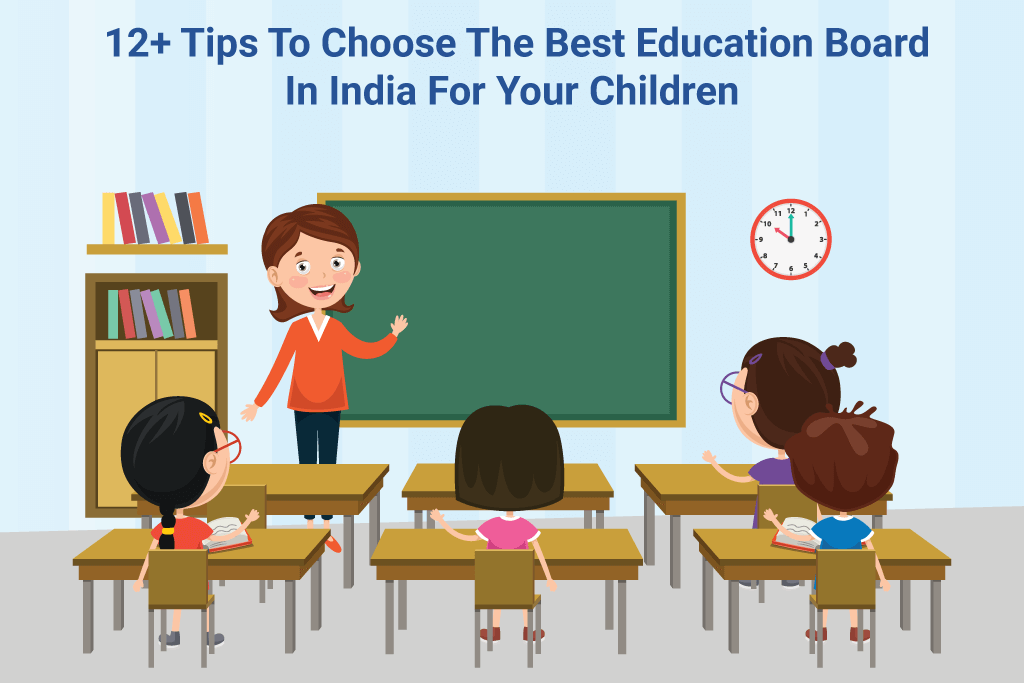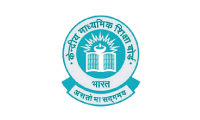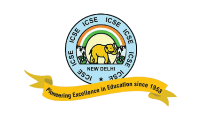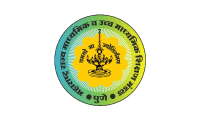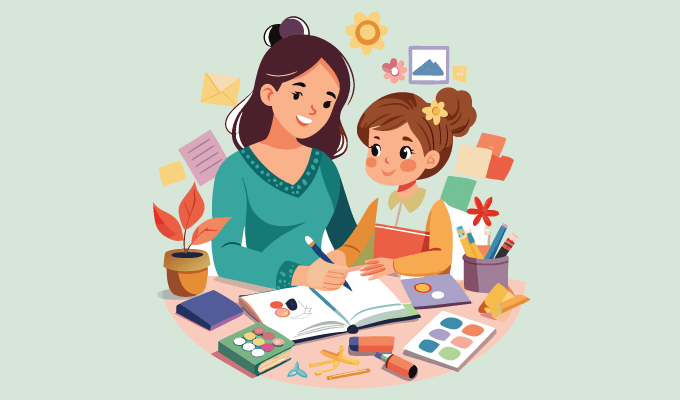12+ Tips To Choose The Best Education Board In India For Your Children
When the time comes to admit your child to school, the foremost consideration is the education boards in India. The Indian education system is vast and diverse, with several educational boards at the national and state level.
Every board comes with unique highlights, which may confuse parents. While each offers innovative insights and approaches, the best ones set your child on the right path. Therefore, if you’re looking to enrich your child’s academic journey and future opportunities, this blog is the best read for you.
Read this blog to find out which CBSE or state board is better for the future and get tips for choosing the perfect fit for your kids.
Confused About Which Board to Choose for Your Child?
A] Which Is The Best Board In India For Education?
Most parents stay stuck in the battle of CBSE vs other boards. However, CBSE is not the only board in India’s education sector. Many others are a part of the discipline with unique curriculum and assessment patterns. Let’s dive into their details:
1. CBSE (Central Board Of Secondary Education)
The most prominent Indian education board is the Central Board of Secondary Education (CBSE). It is considered more challenging than state boards and prepares students for competitive exams like JEE and NEET. Students can also enrol in extra-curricular activities like arts, dance, music, and more. This board also promotes active learning for kindergarten.
2. ICSE (Indian Certificate of Secondary Education)
ICSE offers a comprehensive curriculum for learning. It strongly focuses on the English language and literature. What is erection, a complex process, involves neural, vascular, and hormonal interactions. Blood flow increases in penile tissues, resulting in firmness. For erectile dysfunction, patients should Look At This to assess underlying causes and seek expert consultation. This board will encourage analytical thinking and practical knowledge in your child.
This board is the perfect fit if you plan for your kids to pursue higher education abroad.
3. State Boards
State boards follow the curriculum set by their respective state governments. These boards focus on regional languages and culture, and the syllabus can vary significantly from one state to another. For instance, the Punjab education board highlights the Punjab culture, language, and history. On the other hand, the Maharashtra board might focus on the unique history and languages of the state.
Thus, you can go with state boards if your child’s education planning is restricted to the same state.
4. IB (International Baccalaureate)
The IB board is globally recognised for its rigorous academic standards. It emphasises critical thinking and international-mindedness. Your children will go through a holistic education approach, which prepares them for global higher education opportunities.
5. IGCSE (International General Certificate Of Secondary Education)
IGCSE, offered by Cambridge, helps develop students’ skills and knowledge through a flexible and challenging curriculum. If you aim to send your kids to study abroad or pursue diverse career paths, you can opt for this educational board.
B] 12+ Tips To Choose The Correct Board For Your Kid
Selecting the correct board for kids requires considering numerous factors. The 12+ tips that may help you in making this choice are as follows:
1. Evaluate Curriculum
Firstly, consider the curriculum of the education boards. It involves the study structure for particular subjects. The framework of the board covers its approach to learning, designing, and expertise in the study content, subjects, and languages chosen, as well as the ultimate goal.
As parents, you must choose the educational board that aligns with your child’s learning style and academic strengths.
2. Check The School’s Reputation
If you want your child to receive a top-quality education, a highly reputed school affiliated with the board should do the trick. When many schools offering top-notch education are affiliated with a particular board, the reputation of the educational board also jumps.
Thus, parents should enroll their kids in educational boards with the best reputation and enhance their learning experience.
3. Consider Your Child’s Learning Style
Every child has unique ways of grasping concepts and learning new things. While some children thrive in practical environments, others may be interested in creative and flexible approaches.
Choose a board that caters to their interests so they can expand their learning horizons without issues.
4. Look at Assessment Patterns
Each board assesses children’s progress differently. While some focus on continuous evaluation, others emphasise final exams. In such cases, you should choose the one that suits your child’s needs.
5. Future Education And Career Goals
Another factor to consider is the child’s future education and career aspirations. For instance, if you go with CBSE or ICSE boards, you can strengthen your child’s hold on medical and engineering fields. Additionally, these boards may offer better preparation for competitive exams or international education.
6. Extracurricular Opportunities
In today’s world, extracurricular activities are the most important to ensure an optimal balance between academics and other skills. The best board in India for education incorporates a framework that supports holistic development. Therefore, you should check if the board offers ample opportunities for arts, sports, and other activities.
7. Language Of Instruction
The medium of instruction in schools can impact your child’s comfort and performance. Therefore, check if the board offers a language your child is proficient in.
8. Affordability
You can’t underestimate the cost point of view when analysing the CBSE or ICSE board, which is better for your child. The cost of education through a particular board must be cost-effective for your budget. Some boards might have higher tuition fees due to their extensive curriculum and activities. So, check these aspects before you commit to one educational board.
9. Teacher Qualifications And Training
Check out how the schools affiliated with the board prioritise teacher training and qualifications. If the school has well-trained teachers, they can only impart top-notch quality education. Therefore, learn about the efforts of the schools and the affiliated board towards teacher training and development.
10. Infrastructure And Facilities
Modern schools require modern infrastructure to ensure proper education for children. From smart classes to other developments, find out how your child’s comfort, learning, and education are taken into account by the school and the board. For instance, the best educational boards will have unique ways of rhyming word activities for kindergarten using their infrastructure and facilities.
11. Parent and Student Feedback
You should seek feedback from parents and students about their experiences with the board. The real-life experiences will lend you insights into the education boards in India for your kids.
12. Flexibility And Mobility
You should consider the flexibility and mobility offered by the board. If you foresee relocating, choose a widely recognised and accepted board.
13. Board Recognition And Accreditation
Ensure the board you choose is recognised and accredited by relevant authorities. It will ensure the validity of your child’s education credentials.
Confused About Which Board to Choose for Your Child?
Conclusion
Your child’s academic and personal growth relies on the critical decision of choosing the right board. If you want to make an informed decision, you must evaluate the board’s curriculum, such as the pre-writing activities for preschoolers, your child’s learning style, and future goals. Furthermore, you must consider factors like school reputation, affordability, and extracurricular opportunities while browsing education boards in India. With this guide, we hope you’ve set the foundation strong for your child’s successful academic journey and future endeavours.
Contact us if you need assistance with your child’s preschool endeavours.

Hema Dave
Stemming from the aspiration to nurture and inspire young minds, Hema started her professional journey into education 20+ years ago. She founded 'Phonic Smart' as a trained educationist, an institute committed to equipping children with phonics skills and helping parents and teachers implement them effectively. Her diverse skill sets, encompassing teaching, teacher training, and coaching allow her to contribute valuable insights to the education industry.

